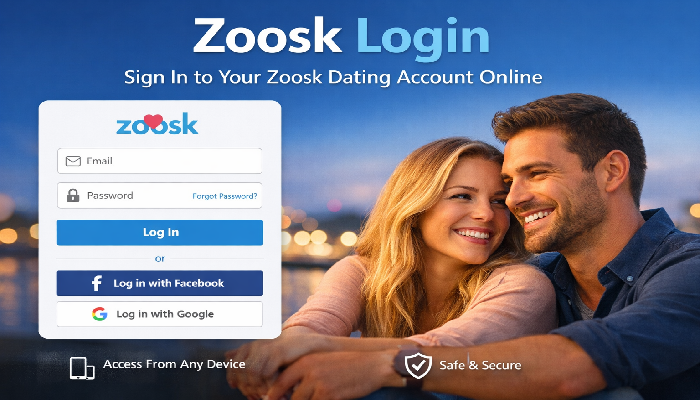Virtual private networks, known as VPNs, are tools used worldwide by millions of individuals every day. While some individuals may use a VPN for business purposes, these tools have a variety of uses. Many people use their VPNs for everyday web browsing whereas others may only use their VPNs for specific online tasks. Check out the key benefits of VPNs and why so many people have VPNs today below.
How Do VPNs Work?
VPNs connect devices to the internet through a secure tunnel. When a computer or mobile device connects to a VPN, the VPN routes the internet activity through this secure tunnel to the VPN’s servers. Accessing the internet through such a means gives users many benefits. The secure tunnel and connection to the VPN server effectively hide the user’s physical location and IP address. Hiding one’s IP address has many benefits which are explained in further detail below.
Why Use a VPN
Security on Public WIFI
Whether you’re a digital nomad working from a coffee shop or a 9-to-5 professional connecting to your gym’s WIFI after work, you’re likely to use public WIFI regularly. What many people don’t know about using public WIFI is that the internet connection is often insecure.
Cybercriminals may watch these networks and attempt to gain access to sensitive information from the devices of connected users. By using a VPN while you connect to a public WIFI network, you encrypt your online data safeguarding it against potential cybercrimes.
Data Privacy
One of the most common reasons for using a VPN is for data privacy. When you connect to the internet through your home network, you’re using an internet service provider or an ISP for short. These ISPs receive your browsing data as your internet traffic is served by the ISP’s servers.
Connecting to a VPN allows you to circumnavigate your ISP servers and encrypt your data. Using an encrypted connection also lets you protect your data against any websites that may try to track your data.
Unblock Content
Another common reason people utilize VPNs is to unblock regional content. Many companies that sell goods, create content, or publish content limit who can visit their websites and see the content. They block users outside of geographical zones based on IP addresses.
VPNs allow users to get around these geo-restrictions by providing connected devices with an IP address that falls within the unrestricted geographical zone. Learn how to watch movies on amazon from other country by using a VPN.
Anonymity and Ad Blocking
Using a VPN provides users with a sort of shield against any malicious websites. VPNs hide your IP address and encrypt your browsing data to stop people from snooping or tracking your activity. By improving your online security and remaining anonymous online, you’re guarded against cyberattacks like data theft.
What’s more, many VPNs provide additional protection against obnoxious ads. While blocking the visual ads on your web browser, VPNs also block websites from tracking your data and selling it for targeted ads.







